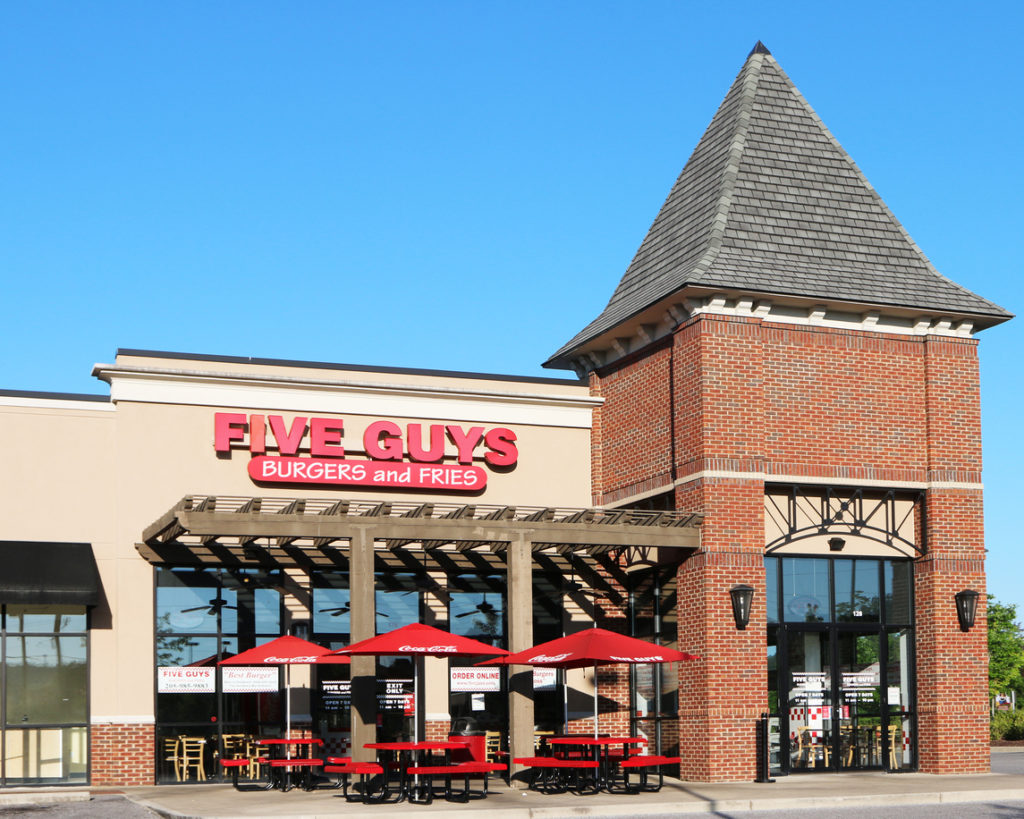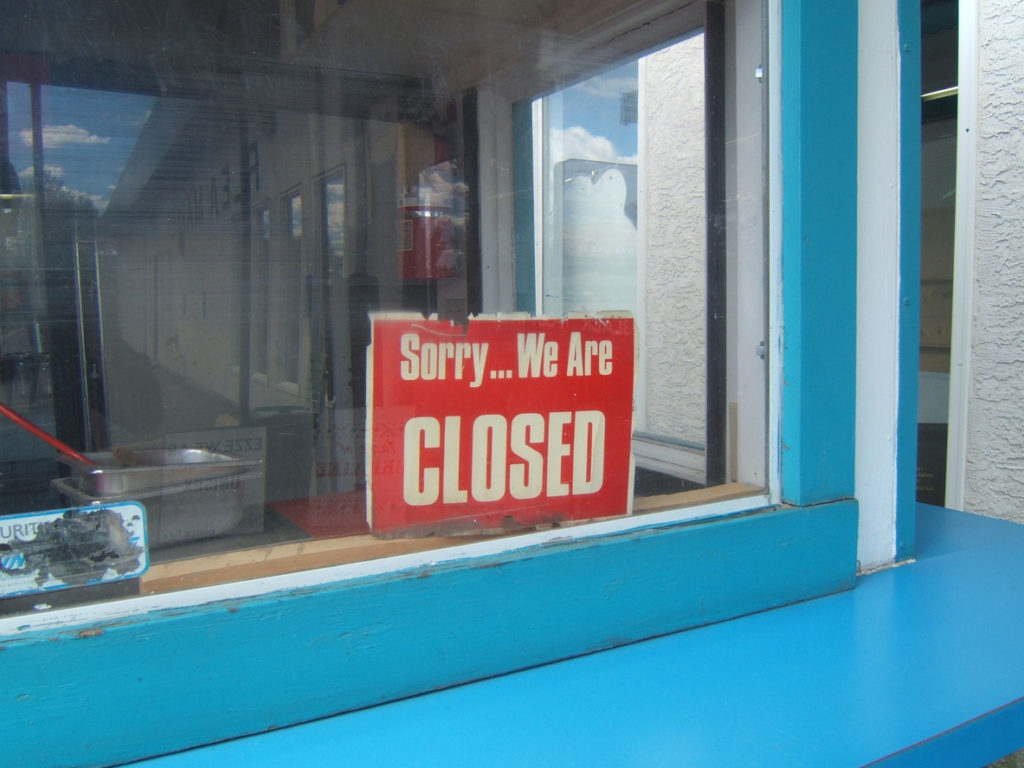What’s The Investment Landscape For UK Restaurant Startups
Category: Uncategorized
At the end of last year one of Britain’s seemingly buzzy restaurant startups, Grillstock, slipped into administration and sold its assets to a new incorporation formed by the company’s managing directors. The original founders have moved onto new pastures – one now writes BBQ-themed cookbooks, whilst the other has returned to graphic design. Grillstock’s difficulty acted as a forewarning for the rest of UK’s restaurant industry in early 2018, and was followed by cash flow shocks for chains such as Jamie’s Italian, Barbecoa and Prezzos. Big Hospitality recently reported that over 2017, restaurant insolvencies went up by a fifth.
Some of the fears for the UK restaurant industry will have been allayed last month by Honest Burgers’ securement of a £17 million refinancing facility from Santander. This will be used as Capex to open new restaurants both inside and outside of London, and follows on from a £7m equity injection from Active Private Equity Partners in January 2015. Since this deal, the company seems to be on a strong footing, having increased their turnover from £10m in 2016 to £15m in 2017.

On the equity side of the fundraising matrix, PE and venture capital firms have played a richer role in the growth of the UK’s restaurant business than many realise. In one success story, Andrew Wolfson’s Pembroke VCT teamed up with investment heavyweight Charles Dunstone to provide burger chain Five Guys with the capital necessary for a UK invasion in 2013, helping increase its presence from nil to 59 sites by the end of 2016.
In terms of private UK restaurant startups, 2017 yielded some similarly interesting equity deals. Itsu (brainchild of the Old Harrovian Pret founder Julian Metcalfe), having seen its pre-tax profits plummet to -£8.5m in 2016, took on a £15m equity investment back in June. Tellingly, the round wasn’t announced to the press. Flat Iron, a steakhouse chain that started up back in 2012, took on £10m from Piper Private Equity, and is looking to open 2 to 3 more restaurants in London by the end of 2018, on top of 5 already established sites. Leon, fast becoming a familiar sight in Britain’s urban hubs, sold an 11.7% stake for £7m in August, again from unannounced sources. This scaleup’s turnover has swelled impressively from around £10m in 2010 to £42m in 2016, and the company recently announced it was looking to expand into new European and Middle Eastern markets.

Worryingly, Beauhurst’s research suggests that equity-backed restaurant startups in the UK are even more likely to fail than the 2017 industry average, with the number of these restaurants closing doors increasing by 46% when compared with 2016. The volatile market conditions that are hitting the UK’s largest chains seems to extend to restaurant startups, too.
Discover the UK's most innovative companies.
Get access to unrivalled data on all the businesses you need to know about, so you can approach the right leads, at the right time.
Book a 40 minute demo to see all the key features of the Beauhurst platform, plus the depth and breadth of data available.
An associate will work with you to build a sophisticated search, returning a dynamic list of organisations matching your ideal client.